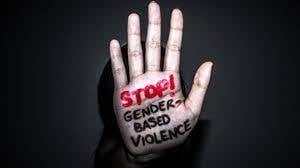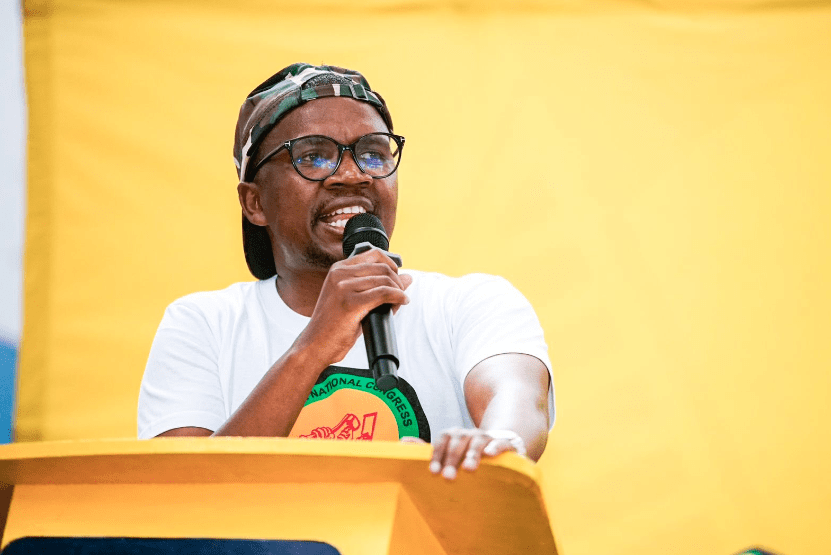There can be no doubt that the experience of GBV creates a barrier to women’s participation in our economy, and it does little to improve our financial outlook in the short, medium and long term, writes Simryn Andhee.
Insights from the latest national crime statistics report were presented by President Cyril Ramaphosa at his summit against gender-based violence (GBV) last month, indicating a 52% increase in the murder rate of women against a 46% increase in the murder rate of children between Q1 2021 and Q1 2022.
According to the Global Peace Index for 2022, the top three most dangerous countries to live in at present are Afghanistan, Syria and Yemen. Clashes between Hay’at Tahrir al-Sham and the Syrian National Army have contributed significantly to the rising rate of murders in Syria – which recorded the deaths of 60 civilians in October 2022.
Compare this to the murder rate in South Africa, which recorded an average of 2 300 murders per month between July and September 2022. Violence in our country certainly appears to be at its peak – one would be forgiven for assuming South Africans are at war with themselves. To make matters worse, we also see an uptick in rape, with an average of 115 cases reported to SAPS daily.
Under-reported crimes
It would appear that we are also at war with our women’s bodily autonomy – our agency, our choice, and our dignity is being robbed from us as quickly as the murder rate rises between financial quarters.
We need to think carefully about these figures as women in South Africa. Unfortunately, these numbers simply don’t reflect the reality of the situation on the ground – ask any woman or organisation operating in the anti-GBV sector, and they will confirm that the majority of reported figures are only a fraction of the number of violations that are actually taking place. Rape and sexual harassment have become fundamentally under-reported crimes in our country, slowly chipping away at women’s rights, day by day.
As a young woman working in an industry and field that is predominantly dominated by men, I’m constantly reminded of how much harder women need to work to access equal opportunities and equal pay in markets throughout the world. But South African women have it that much harder – because violence, trauma and abuse have become a daily barrier that decreases our ability to seize the opportunities that will aid us in furthering our careers, growing our businesses and securing an education.
READ | ANALYSIS: Nechama Brodie – Apathy, bureaucracy and ego: Why SA fails to make progress against GBV
This is simply unacceptable in a country where women-led businesses only make up 21% of the SMME sector. Female entrepreneurs are facing several constraints that prevent them from entering the formal market, including poor access to start-up funding and a lack of supportive entrepreneurial conditions that are underpinned by a government, private sector and institutional inability to understand the important role that women can play as business owners in emerging markets.
Speaking of facts and figures, a recent report that tallied the cost of GBV was able to estimate that South Africa lost more than R36 billion in 2019 alone as a direct result of violence against women. This figure was calculated as part of a research project conducted by the Shared Value Africa Initiative (SVAI) and the University of Johannesburg in collaboration with Mid Sweden University and supported by KPMG.
According to the report, the R36 billion is based on the country’s estimated 0.7% loss of 2019’s GDP due to GBV-induced loss of human capital.
For those unfamiliar with the term, human capital loss refers to the damage or loss caused to people and societies. It also makes reference to lasting psychological damage, which survivors of GBV must contend with after experiencing varying degrees of trauma. This can affect women’s ability to be productive, attentive and competent in their professional abilities, regardless of their skill level, education or years of experience. This has a debilitating impact on their endeavours, and it can have an exceptionally negative effect on organisational output and revenue.
GBV a barrier to participation in the economy
The report was able to analyse the cost to our economy further by looking into the fact that South Africa’s 46 000 physicians treated more than 20 gender-based violence cases a month in 2019, resulting in out-of-pocket medical costs for victims of around R10 billion. Then you have the judicial costs that result from the prosecution of these crimes, which researchers estimated to amount to more than R100 million.
There can be no doubt that the experience of GBV creates a barrier to women’s participation in our economy, and it does little to improve our financial outlook in the short, medium and long term. So what should come next in our country’s fight against GBV? What can we do to better protect our women while addressing the barrier that trauma poses to our continued contribution to the growth of our local economy?
READ | This life with Nthabi Nhlapo: I’ve lost count of the times I have encountered violence
We will have to start by driving accountability within the public and private sector. South Africa’s culture of impunity must come to an end. We need to use every public participation process available to ensure that the relevant policy changes are made so that our justice system will hold perpetrators to account for their actions.
Incentives needed
We also need the fight against GBV to form part of the private sector’s corporate social responsibility or BBBEE indices if we are to address GBV strategically. Government would be well positioned to offer incentives to the private sector for incorporating the fight against GBV into their corporate strategies. A collaborative, multisectoral approach will be critical if we are to turn things around for women in our country.
The support for many of these recommendations is almost tangible – according to SVAI’s research, employees feel that GBV prevention and intervention programmes should feature prominently in annual integrated environmental, social and governance reporting.
There can be no doubt that there are economic and financial implications to the experience of GBV. The question is, at which point will national government realise that GBV is one of the factors choking South Africa’s economic growth?
– Simryn Andhee is a Quantitative Investment Analyst at Ion Capital Partners
*Want to respond to the columnist? Send your letter or article to opinions@news24.com with your name and town or province. You are welcome to also send a profile picture. We encourage a diversity of voices and views in our readers’ submissions and reserve the right not to publish any and all submissions received.
Disclaimer: News24 encourages freedom of speech and the expression of diverse views. The views of columnists published on News24 are therefore their own and do not necessarily represent the views of News24.


















.png)


Discussion about this post